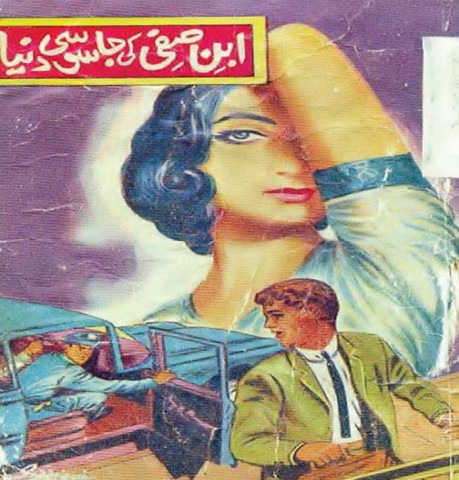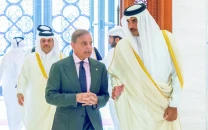Monitoring the manifestos - I: Law enforcement and militancy
Three years down, political parties PPP, PML-N, MQM, JUI-F and ANP have made varying degrees of progress.

In a seven-part series, The Express Tribune compares the government’s performance to the policies in party manifestos.
COMBATING MILITANCY
While there were over 1,500 terrorist attacks in 2007, party manifestos were vague on counter-terrorism strategies.
PPP: Terrorism and militancy will be vigorously dealt with.
The PPP will dismantle militant groups who seek to take hostage the country’s foreign policy and impose their writ through force on tribal areas of Pakistan and elsewhere.
Distinctions between, and amongst terrorist groups, will no longer be maintained.
No militia will be allowed to seek refuge in the name of madrassas for militant activities.
PML-N: Influencing groups which directly or indirectly support terrorism, through political intermediaries and civil society organisations to adhere to basic Islamic principles of peace, moderation and justice.
Promoting the rule of law, tolerance and mutual respect in the country to overcome the sense of desperation which pushes certain segments of society towards extremism.
JUI-F: All Muslims (who are of age and eligible) should be trained in jihad. To counter any threat, Pakistanis (who are of age) should be made capable to defend the country along with the military.
STATUS: Thousands have been killed in terrorist attacks in the past three years, while the military has conducted several operations, including in Swat and South Waziristan. Drone strikes have increased, netting high-profile targets such as the Tehreek-i-Taliban Pakistan chief Baitullah Mehsud.
The insurgency in Balochistan continues, despite a reforms package introduced by the government and a ban on certain groups.
Organisations such as Jamaatud Dawa (JuD) which also received funding from the Punjab government, grow unchecked. Despite being banned by the United Nations, JuD has continued its fundraising and relief activities.
The government agreed to Tehrik-e-Nifaz Shariat-e-Muhammadi’s demand to impose Shariah law in the Malakand division.
A plan to implement madrassa reforms has been opposed by clerics.
LAW ENFORCEMENT AND POLICE REFORMS
PPP: The PPP government will embark upon a meaningful police reforms programme. The aim of the reforms will be to provide security to citizens by creating a crime-free society. The PPP will be tough on crime and its causes. It will foster a professional police force owing allegiance to the constitution and rule of law, and stop the practice of using the police force for political purposes.
PPP will expand law enforcement and equip it with modern means to combat crime and maintain security.
In the previous PPP government, former prime minister Benazir Bhutto instituted a revolutionary programme of women’s police stations headed by women police officers to encourage females to report domestic abuse. This highly successful programme was dismantled by subsequent administrations. It will be immediately reconstituted under the PPP government.
PML-N: Strengthening the capacity of law enforcing agencies to detect and control terrorist groups and their supporters.
Police will be made a community oriented service, and reformed to become a modern crime-fighting machine with better training and equipment.
Special monitoring cells will be set up in the centre and provinces to check heinous crimes and heinous crime cases and criminals will be dealt with an iron hand.
Crime-fighting agencies will be trained in modern investigation and crime prevention techniques and provided adequate tools.
Citizen and police liaison committees will be set up at all levels.
ANP: ANP will emphasise the maintenance of law and order so as to protect the security of citizens which has been considerably endangered, of late.
MQM: MQM believes in fundamental rights for all citizens and the State must take responsible steps in providing protection and security to all its citizens. Torture, police excesses, confinement without trial and socio-political harassment must cease in the democratic country of Pakistan.
STATUS: A recent report by the United States Institute of Peace stated: “The capacity of the Pakistan police service to deliver is severely diminished by political manipulation, the lack of forensic services, inadequate training and equipment, corruption and weaknesses in the judicial sphere.” While funding for the police – which has repeatedly come under attack has increased, training remains an issue. Women’s police stations also lack resources and staff.
Published in The Express Tribune, February 21st, 2011.



















COMMENTS
Comments are moderated and generally will be posted if they are on-topic and not abusive.
For more information, please see our Comments FAQ